When a baby dies after 24 weeks of pregnancy, before or during birth, it is known as a stillbirth. Sadly, 4 babies a week are stillborn in Scotland and it’s a truly devastating event for any family to go through. Sometimes we don’t know the cause, but we do know that there are things you can do to reduce your risk of stillbirth.
Ways to reduce the risk of stillbirth
The latest research strongly advises you to:
- Go to sleep on your side
- Not smoke
- Monitor your baby’s movements and get in touch with your midwife or maternity unit straight away using the emergency contact information given to you if they slow down or stop.
These ways to reduce your risk of stillbirth are applicable whether you are having a single or multiple birth.
What can cause stillbirth?
Sometimes, a baby can be stillborn and no cause can be found. However, whilst some stillbirths are unexplained, we do know some reasons why stillbirths occur.
These include:
- Problems with how the placenta functions. The placenta provides food and oxygen for the baby in the womb, so if there is an issue or complication with this the baby may not be able to receive what it needs to grow normally.
- Some medical conditions you have before or develop during your pregnancy can also increase the risk of stillbirth. This could include pre-eclampsia or diabetes.
- If mum and baby pick up an infection, such as flu or rubella (German measles). However, you can lower the risk of picking up infections by washing your hands, avoiding people who are unwell and having the vaccinations offered to you during your pregnancy.
Are there ways to prevent stillbirth?
Sometimes, no cause can be found for stillbirth which means there is no absolute way to prevent it. However, there are ways to reduce your risk. These include:
- Going to sleep on your side
- Not smoking
- Monitoring your baby’s movements.

Going to sleep on your side
From 24 weeks of pregnancy, it’s safer to go to sleep on your side because when you sleep on your back, the combined weight of your baby and womb puts pressure on other organs in your body. This pressure can affect the blood flow to your placenta which affects the flow of oxygen to the baby. However don’t worry if you wake up on your back, just go back to sleep lying on your side.
Learn more about going to sleep on your side or visit Ready Steady Baby for more advice about having a healthy pregnancy.
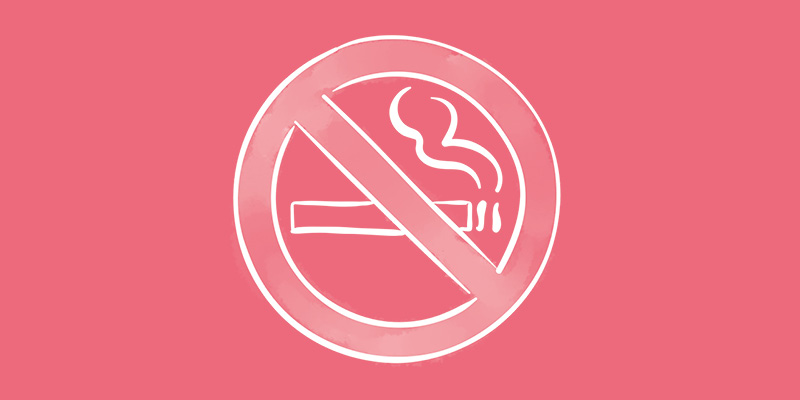
Not smoking
Smoking while pregnant reduces the flow of oxygen to your baby, which increases the risk of stillbirth. By not smoking, you’re giving you and your baby the best start. It can be tough to stop but we can help you find the right support to quit. Speak to your midwife if you have any questions or would like advice and support on how to stop smoking.
Want help to stop smoking? Find out about support available or visit Ready Steady Baby for more advice about having a healthy pregnancy.
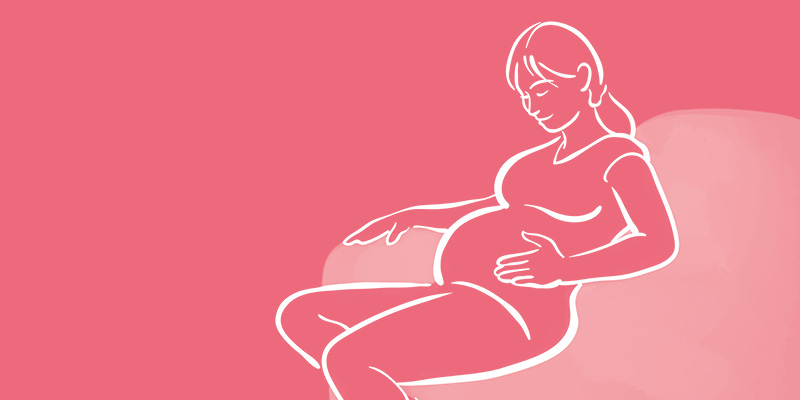
Monitoring your baby’s movements
If your baby’s movement change, it could be their way of telling you that something is wrong. You should always follow your instincts and not wait to tell someone. You’ll not be wasting anyone’s time. If your baby’s movements slow down or stop, please contact your midwife or maternity unit straight away using the emergency contact information given to you.
Lean more about monitoring your baby’s movements or visit Ready Steady Baby for more advice about having a healthy pregnancy.
Keeping you and baby healthy
There are other things you can do to help keep you and your baby healthy, such as:
- Going to all your midwife appointments and scans
- Eating healthily
- Getting exercise
- Not drinking alcohol
- Not taking drugs
- Having the flu and COVID-19 jabs
- Trying not to see or touch people who are ill or have flu. If you have another child who is unwell, see how to look after yourself here.
- Cooking and storing food safely
- Not eating certain foods during pregnancy.
Supporting you after a stillbirth
Stillbirth is one of the most devastating experiences any family can go through and it can take a long time to adjust to life after the death of a baby. However, you’re not alone and there are a wide range of support groups and health professionals who can help and support you during this very difficult time.
If you’ve experienced stillbirth, find out more about the help and support available to you. You can also visit Ready Steady Baby for more information.
 Activities & Play
Activities & Play Behaviour
Behaviour Childcare
Childcare Development & Growing Up
Development & Growing Up Family, Friends & Relationships
Family, Friends & Relationships Feeding Your Baby
Feeding Your Baby Food & Eating
Food & Eating Health & Safety
Health & Safety Mental Health & Wellbeing
Mental Health & Wellbeing Money & Work
Money & Work Online Behaviour & Safety
Online Behaviour & Safety Pregnancy & First Days
Pregnancy & First Days School & Education
School & Education Sleep
Sleep

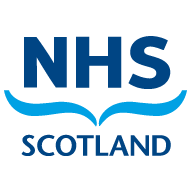

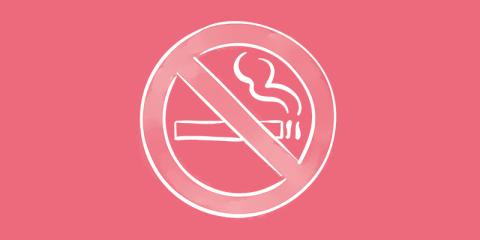
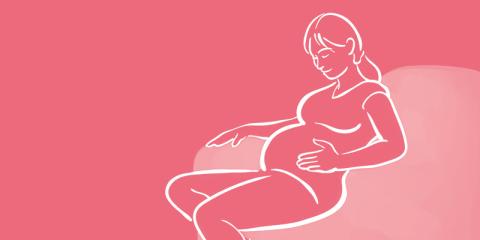


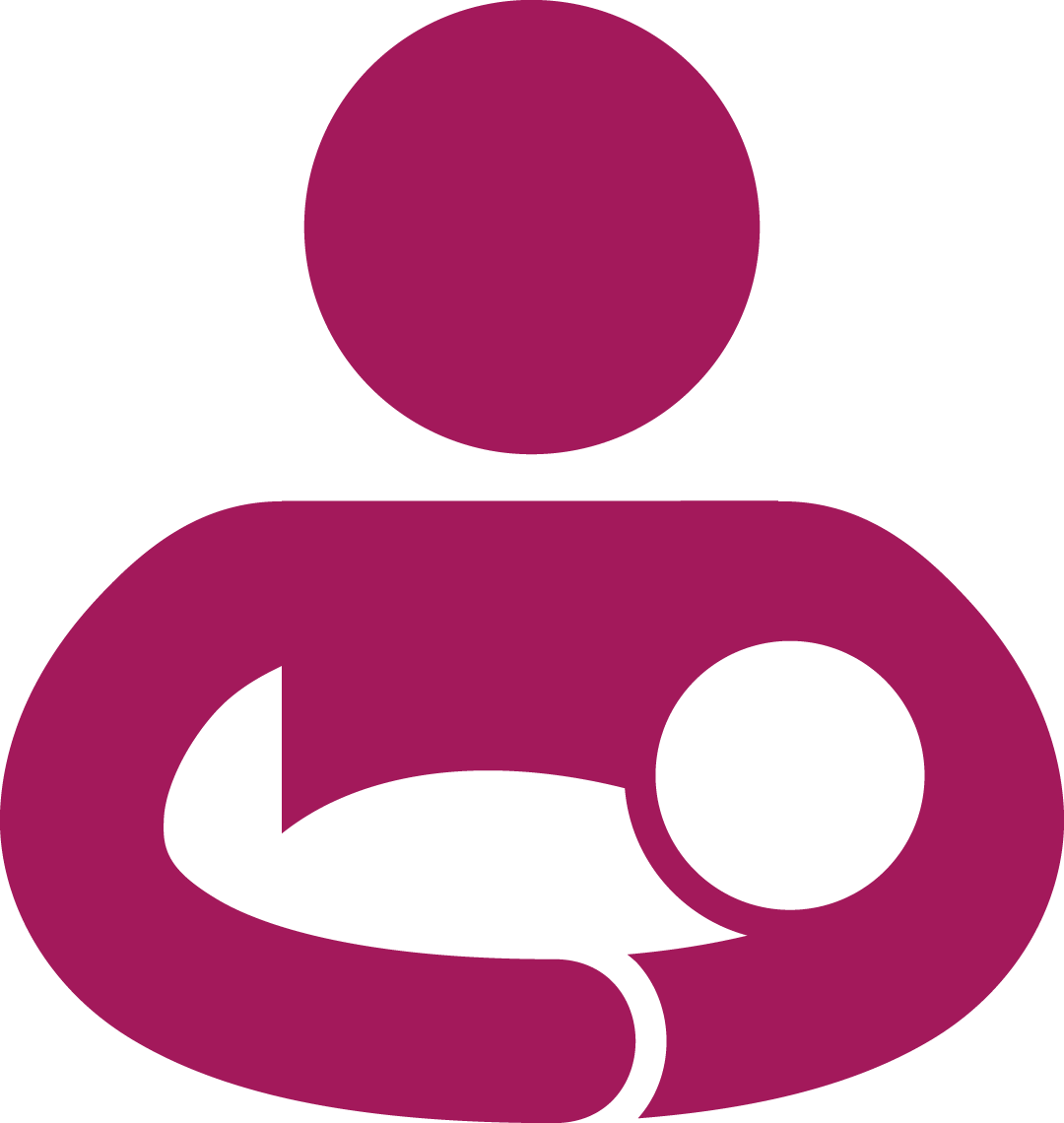 Feeding Your Baby
Feeding Your Baby
 Sleep
Sleep